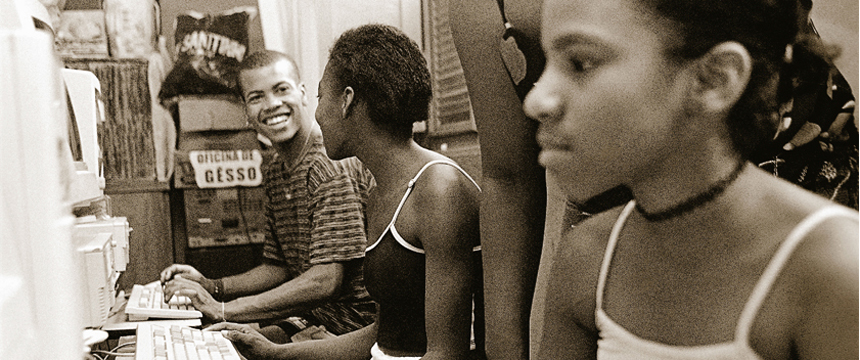November 5, 2013
The use of ICTs, such as mobile phones, text messages, and various applications, increases with every emergency situation and disaster we see. The organization Libraries Without Borders (Bibliothèques Sans Frontières) recently held an international symposium, The Urgency of Reading, which brought together experts from all over the world to discuss innovations and good practices in providing access to information, ICTs, and culture in emergency humanitarian situations. Among participants from the United Nations, UNESCO, and various humanitarian foundations, TASCHA’s Maria Garrido was invited to discuss her research on the role of public access ICT venues, such as libraries and telecenters, in the aftermath of the 2010 earthquake and tsunami in Chile. Maria presented the main findings of this research, as well as the recommendations based on the findings. Maria focused particularly on the importance of the physical space libraries provide in the aftermath of disasters.



